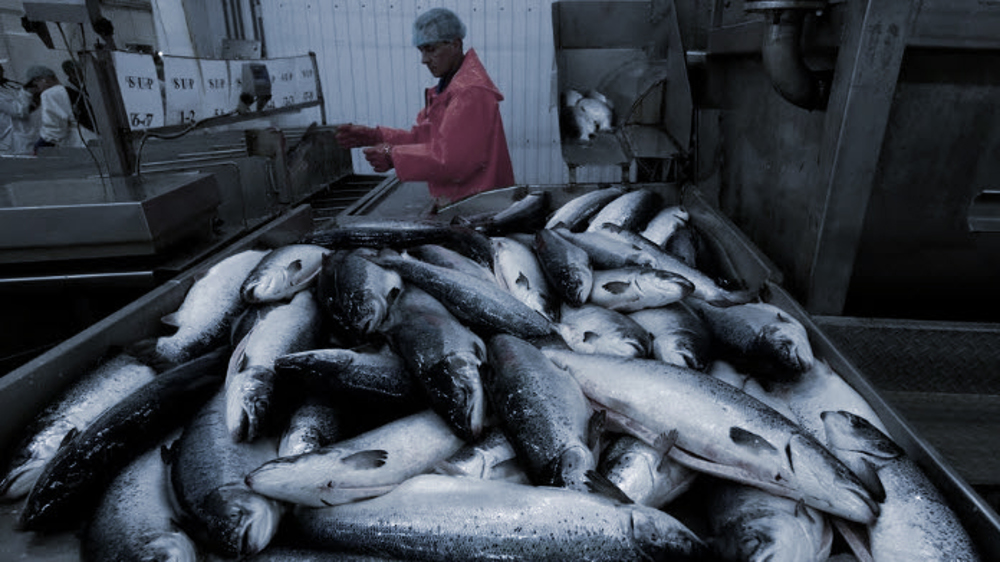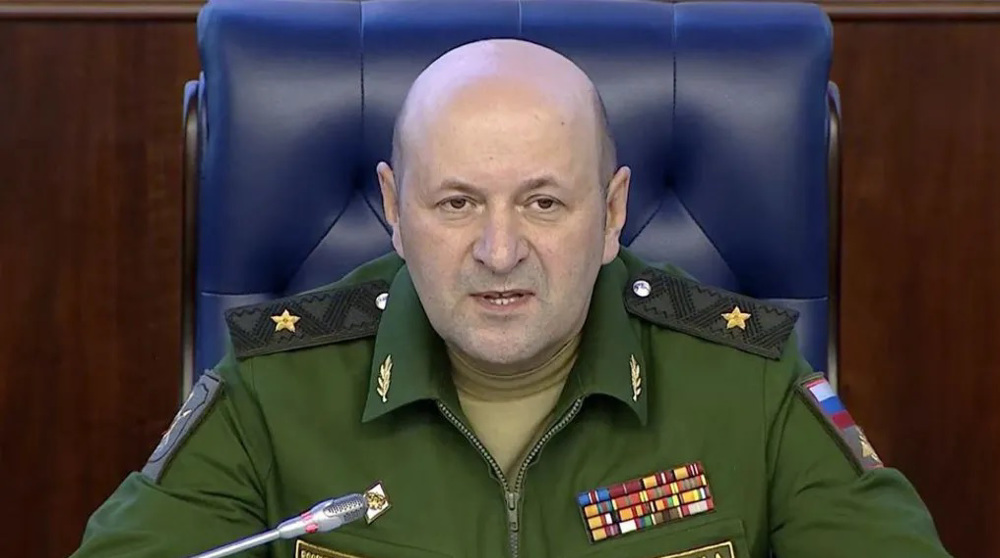Russia withdraws from fishing deal with Britain after UK’s new sanctions
Russia has withdrawn from a decades-old fishing deal with the UK, following an announcement by Britain of new sanctions against Moscow.
Russia banned British fisherman from fishing in the Barents Sea. It was after the lower house of Russia’s parliament passed the relevant legislation on Wednesday.
Russia’s parliamentary speaker Vyacheslav Volodin said, “He [President Vladimir Putin] returned our fish to us, because the English, shameless, had been eating it for 68 years. They have imposed sanctions on us, while they themselves make up 40% of their diet, their fish menu, from our cod. Let them now lose some weight.”
On the same day, the UK imposed sanctions on six officials at the head of the Siberian penal colony where Alexei Navalny, Russia’s opposition leader died last week.
“The agreement was unfortunately one-sided giving the authority and right to fish only to our partners at the time,” Deputy Agriculture Minister Maksim Uvaidov said. He added that the agreement didn’t provide Soviet fishermen with similar rights.
British vessels caught 556,000 tonnes of cod and haddock in Russian waters in 2023 alone.
Last year, Sky News reported that up to 40% of cod and haddock consumed in the UK comes from Russia and the Russian territory.
The deal allowed British vessels into the rich fishing grounds of the Barents Sea, located off the northern coasts of Russia and Norway.
In 1956, an agreement was signed by the Soviet leader Nikita Khrushchev that allowed British boats to fish in the Barents Sea that is divided between Norwegian and Russian territorial waters. Russia now claims the fishing deal was never in its national interest.
Britain also announced a new package of more than 50 sanctions against Russia on the second anniversary of the Russia-Ukraine war.
“Two years on, we stand united in support for Ukraine,” Foreign Secretary David Cameron said in a statement on Thursday.
“Our sanctions are starving Putin of the resources he desperately needs to fund his struggling war. Our international economic pressure means Russia cannot afford this illegal invasion.”
The oil trader Niels Troost is one of the targeted firms in addition to five senior executives of Russia’s top producers of copper, zinc and steel.
A Turkish company that has been supplying electronics to Russia, three Chinese firms and two entities in Belarus were also on the black list.
Sanctions have also been imposed against 14 individuals and entities linked to manufacturing munitions, the British foreign office said.
The UK has imposed sanctions against a total of 2,000 individuals, companies and groups in Russia. As trade with Moscow is banned, sanctions have led to higher fuel and food prices in Britain, driving inflation to record levels and causing the cost of living to soar.
Leader: Iran has no proxy forces in West Asia
US fighter aircraft shot down ‘in friendly fire’ amid aggression on Yemen
Yemeni FM: Israel’s sponsors accountable for ongoing aggression on Sana’a
Eight Palestinians killed as Israel attacks Gaza school, hospitals
VIDEO | Rome, Milan host new protests in solidarity with Palestinians
Dec. 21: ‘Axis of Resistance’ operations against Israeli occupation
Spain jurists demand ties with Israel ties be cut
VIDEO | Press TV's news headlines










 This makes it easy to access the Press TV website
This makes it easy to access the Press TV website